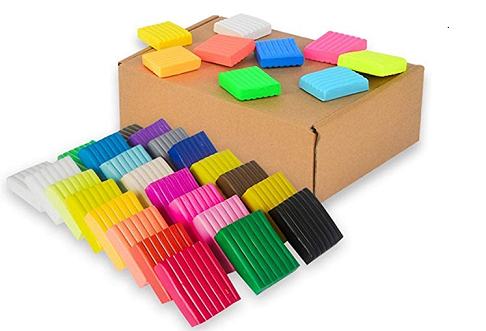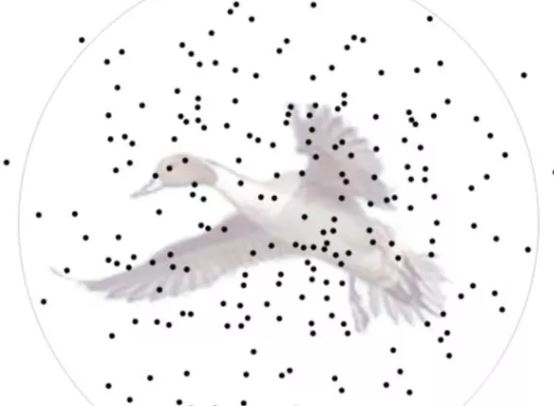Here is the final part of a three part series (part 1 and part 2). I didn’t intend to write a series – but here it stops.
Do we need to think differently?
If we never challenge dominant modes of thinking, we end up trapped in modes of acting that may no longer be serving us all that well. (Stacey, 2011a: xviii)
The dominant discourse on leadership and organisation views management as a science, organisation as a system, and leadership as a set of identified skills and competencies that can be developed. However, with the opportunity to think deeply about developing leadership in classrooms, be that of a school leader with responsibility for teaching and learning or teachers themselves, I find myself veering towards a paradoxical nature of the role as someone “in charge but not in control.” (Streatfield, 2001). Veering from formulaic and procedural, towards organic and responsive.
When I think hard about those qualitative difference between novice and experts teachers – two stand out for me and these tend to support the view above, that leading may well indeed be organic and responsive, based on practical experience.
…expert teachers may begin to solve problems slower, they bring richer and more personal sources of information to bear on the problem they are trying to solve.novice teachers reticence or “inability to modify plans.”
Developing expertise in teachers
- Teaching and Learning Communities – time (to meet and to peer observe), space (pause and think, probing, put forward ideas) and self-directed.
- Professional enquiry – teacher investigating a line of professional enquiry
- In both cases, teacher should expect, and be able to, render an account of why they have chosen to develop one aspect of their practice rather than another.
- Bright spots – recognise, share and celebrate the success, no matter how small.
- Make “talking about teaching” part of the DNA of the school – culture.
- Manage disappointments – opportunities to develop trust.
Where accountability, in it’s current form, is corrosive and deconstructive.
Most recently, there has been emerging evidence on the effectiveness of instructional coaching. Teacher coaching has emerged as a promising alternative to traditional models of professional development. Instructional coaching is more like sports coaching, where a expert* teacher helps the classroom teacher to focus on one aspect of their teaching that can be isolated and practiced. A partnership based on equality, choice, voice, dialogue, reflections praxis and reciprocity (Jim Knight 2009). These, I am sure would be similar to most coach-coachee relationships.
- Equality: instructional coaches and teachers are equal partners
- Choice: teachers should have choice regarding what and how they learn
- Voice: professional learning should empower and respect the voices of teachers
- Dialogue: professional learning should enable authentic dialogue
- Reflection: reflection is an integral part of professional learning
- Praxis: teachers should apply their learning to their real-life practice as they are learning
- Reciprocity: instructional coaches should expect to get as much as they give
I present the notion of expert* cautiously, as experts may not be the best coach.
- individualised (mutual engagement)
- intensive
- sustained
- context-specific (expertise being domain specific)
- focused
Where a teacher, working with an instructional coach, assesses their current teaching practice, identifies a professional goal(s) and then chooses the teaching strategies to achieve it, over a period of time, will grow as a practitioner. The test then, as it often is, turning adaptations in teaching practice (teacher coaching, training and workshops, curriculum materials and resources), to improved student outcomes. One would not be out of a limb to add that this approach encourages self-reflection. Such a developmental model may also challenge the common accountability model of class or cohort targets. Arguably a more process orientated approach rather than outcome focused.
Successful instructional coaching?
Set a receptive culture. Get leader endorsement. Get the right coaches and make the right partnerships. Seems reasonable enough so far.
For an instructional coaching program to be effective, school leaders need to play an active role in selecting trained coaches, developing a targeted coaching strategy, and evaluating whether coaches are having the desired impact on teaching and learning.
Knight offers a three part model to delivery.
- Focus on Building Instructional Practice (approx. 60%)
- Coach: Observe, Model, Co-plan, Co-teach and Reflect
- Collect and analyse data
- Support professional learning
- Focus on Planning and Personal Professional Learning (approx. 15%)
- Focus on Student Support (approx. 25%)
Again, it seems reasonable enough.
Is instructional coaching scalable?
1. Professional development should have a focus on improving and evaluating pupil outcomes.
2. Professional development should be underpinned by robust evidence and expertise.
3. Professional development should include collaboration and expert challenge.
4. Professional development programmes should be sustained over time.
And all this is underpinned by, and requires that:
5. Professional development must be prioritised by school leadership.


